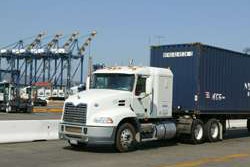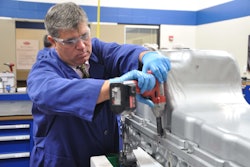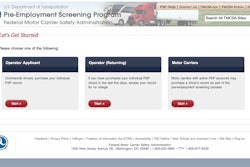Eaton Corp. on Monday, Aug. 30, announced the formation of an alliance to accelerate the deployment of electric vehicles in cities across China. The New Energy Sustainable Transportation International Alliance includes Eaton, AECOM, IBM, vehicle manufacturer Beiqi Foton Motor Co., lithium ion battery manufacturer MGL and electric motor provider Broad Ocean.
The announcement took place at the Third Annual China Green Energy Auto Development Summit Forum hosted by Foton. NESTIA’s first project is to design and deploy electric buses that will utilize advanced components from Eaton, Broad Ocean and MGL.
“Bringing together the leading experts in city planning and smart grid infrastructures with Eaton’s hybrid and electric vehicle technology will offer energy-saving solutions to cities wishing to accelerate the adoption of clean energy vehicles and has the potential to rapidly advance the adoption of new technology in China,” says Joe-Tao Zhou, president of Eaton in China.
NESTIA is part of a broader new global alliance between Eaton, AECOM and IBM to advance the adoption of clean energy vehicles, from plug-in to full electric across public and private transportation sectors in key markets worldwide. The group will place special focus on deployment of clean energy vehicles in taxi, bus, refuse and sanitation fleets, along with the accompanying charging infrastructure.
The new alliances combine expertise to address areas needed to accelerate the deployment of electric vehicles, including:
• Preparation of a master plan for public and private electric vehicle battery swapping and charging station networks to leverage the deployment of electric vehicle networks as a catalyst for improved mobility, land use and economic growth;
• Design and development of plug-in and electric vehicles and electric vehicle service equipment utilizing a global and local supply chain;
• Implementation of a public electric vehicle charging station network infrastructure that includes associated procurement and construction management services;
• Review of a utility company’s grid infrastructure for its ability to support the new load requirements and a smart meter infrastructure and systems for utility companies; and
• Assistance for utility companies in preparing a portfolio of business applications for enhancement and integration to electric vehicle-specific systems.










